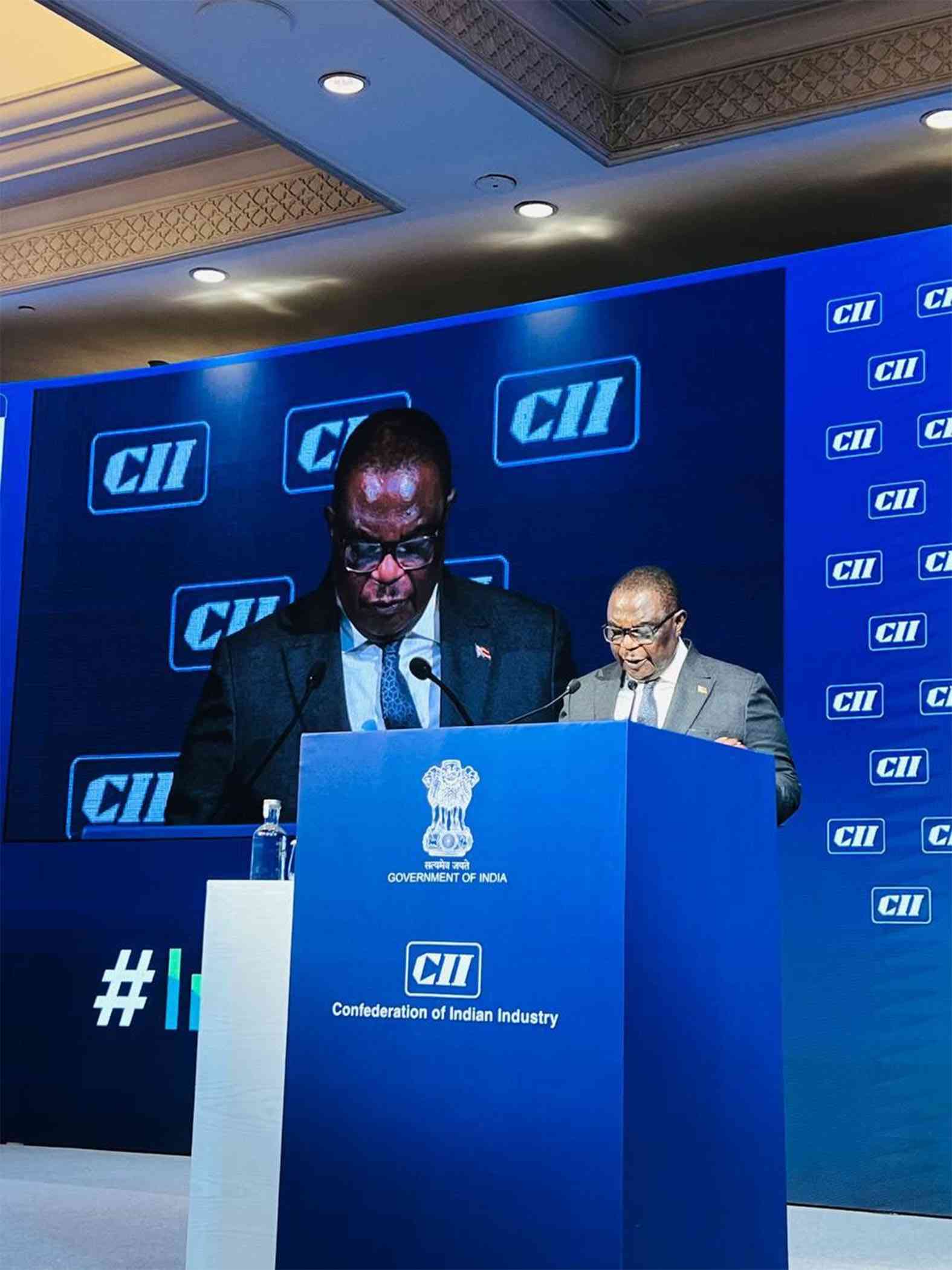THE article seeks to provide an exposition on why sanctions have produced unintended consequences, with the resultant effect being the negative socio-political and economic effects on the Zimbabwean economy. In recent decades, the European Union (EU) has gained a spotlight — along with the United States —because of the sanctions imposed on Zimbabwe after the land-reform programme in the 1990s and years of human rights abuses. The author argues that sanctions have failed in their quest and in the 21st century, such measures are inconsistent with principles of sovereignty, as accorded in international law.
Zimbabwe, like any of the 192 recognised nations in the world, has the right to decide its own affairs. Contemporary international law academics, world leaders and its governed citizens agree in principle that each country should not have their internal affairs interfered with by other States or by any other party. The beginning of the demise of the socio-economic and political landscape can be attributed to the sanctions regime that was imposed on Zimbabwe, which has brought about a contested and polarised debate on the effects of sanctions on Zimbabwe.
Fast-track land reform programme
The fast-track land reform programme commenced in the late 1990’s after a much- contested referendum. The ruling Zanu PF party embarked on an aggressive land reform programme which was subject to criticism globally. The effects, whether negative or positive, are debatable. The Zimbabwean government decided on a land redistribution and resettlement programme, whose objective was to resettle millions of Zimbabweans and to afford them a benefit of owning land in their country of birth. Like many Africans who sought independence from white minority rule, black Zimbabweans also wanted to have complete dominion over their land, which they had been dispossessed of by white settlers. This saw many Zimbabweans regaining their dignity through ownership over such a priced possession.
Economic sanctions and their effects
The European Union imposed economic sanctions on Zimbabwe, which were said to be targeted and whose focus was the ruling elite in Zimbabwe. The US also followed through with the ZIDERA, which provided punitive measures on the ruling elite. However, such economic sanctions have had unintended consequences. One is that it has a bearing on the Zimbabwean economy, which has further driven the masses into abject poverty. Most Zimbabweans continue to live on US$1 per day. Zimbabwe is currently suffering through a brain drain, which has resulted in many skilled Zimbabweans becoming economic migrants in neighbouring countries. Sanctions have the effect of taking away the dignity of many Zimbabweans.
Keep Reading
- Mavhunga puts DeMbare into Chibuku quarterfinals
- Bulls to charge into Zimbabwe gold stocks
- Ndiraya concerned as goals dry up
- Letters: How solar power is transforming African farms
Are sanctions the most appropriate measure?
Sanctions to some may be viewed as a necessary evil. This view may be expressed by those who may feel that sanctions have curbed the flight of capital through illicit flows. Those in opposition hoped that the Zimbabwean government would be motivated to open up the country’s political space. But some opposition leaders and civic society leaders continue to express that the ruling party has continued to use sanctions to excuse its multitude of failures. In some countries, some ruling elite have been subjected to travel bans, freezing of personal funds. But whilst this has worked, the same cannot be said about unintended consequences of the sanctions on private persons and corporations. For the ordinary man, there has been a lot of resentment, especially towards Western leadership and failure to resolve the current economic crisis. Some blame the issues on leadership present and past. Though sanctions may have worked back in the day, the same cannot be said today.
As a result of the negative publicity that sanctions attracts, it can be argued that this has soiled Zimbabwe’s standing in the global arena. This may create a chilling effect on most African countries who might decide to follow a similar footpath as Zimbabwe did. It also creates an impression that Zimbabwe is beholden to Western leadership, and that the needs of Zimbabwean people and its leadership are secondary to the interests of an elite white minority. In a world that is increasingly becoming sensitive, it must be said that sanctions continue to cripple the Zimbabwean economy, which calls for a re-evaluation on the measures imposed by the US and the European Union on Zimbabwe.
Calls for sanctions to go
The Australian government noted its website, that:
“[It] imposed autonomous sanctions in relation to Zimbabwe in 2002, reflecting concerns about political violence and human rights violations. The sanctions were adjusted in 2012 and 2013 in response to some progress. Zimbabwe has demonstrated that in an enabling environment, it can flourish to the benefit of itself and its neighbours.”
This shows that sanctions are now a redundant measure as Zimbabwe has shown to be a progressive nation. There has been a clarion call for the sanctions regime to be scrapped. Other African leaders such as President Ramaphosa of South Africa, President Masisi of Botswana and other Southern African Development Community leaders, the African Union, have all rallied behind Zimbabwe. It is evident such calls from African leaders are all not for show, but demonstrate that a prosperous Zimbabwe, void of sanctions, can be good for its neighbours and the rest of Africa. Zimbabwe is endowed with mineral resources that can be advantageous to the overall growth of the African economy. The logical fallacy that Zimbabwe must be sanctioned, yet other countries can go unchecked on human rights abuses, must be done away with and allow African states to decide their own affairs and to pursue a path that is beneficial to its people.
Conclusion
In conclusion, it must be stated that the author’s call for sanctions to be lifted is unequivocal. It is evident that its effects have been more detrimental to the ordinary Zimbabwean citizen and must thus be done away. Relations between Zimbabwe and the EU have continued to deteriorate over the years. Zanu PF has since labelled civil society organizations and Western nations “traitors” and “change agents.” International relations between states should not be based on a premise, where African states are deemed to be subordinate to other Western political powers. No country is perfect and no leadership is perfect, but ordinary Zimbabweans cannot continue to bear the brunt for decisions that were made by their leadership. The future of Zimbabwe must not be stymied as a result of a select few ruling elite. Instead, an atmosphere of collaboration, the expansion of economic relations with States and global peace and stability, should be something all nations, in their equality, must strive to achieve.





